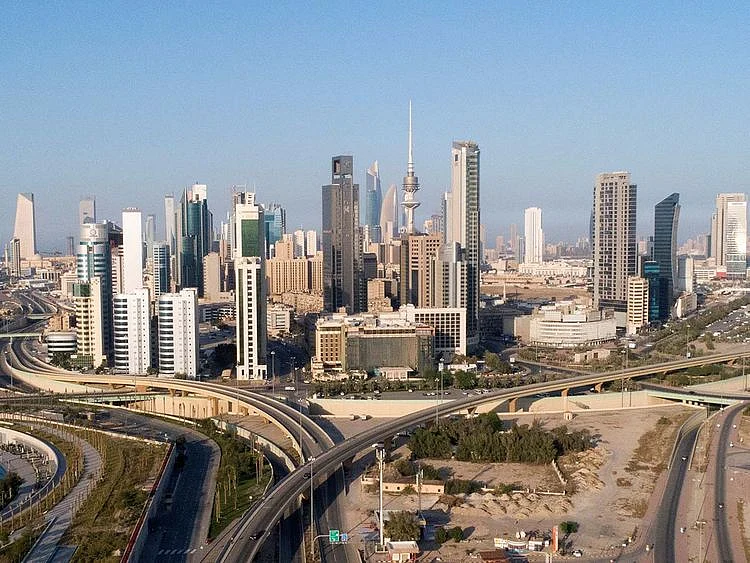Kuwait is facing a dilemma over Future Generations Fund
Influential voices question government move to cut funding this year

Abu Dhabi: Kuwait is yet to see a consensus build up over whether it should be using its Future Generations Fund to tackle the economic fallout from the ongoing COVID-19 pandemic.
A former finance minister, Bader Mishari Al Humaidhi, said the Fund was set up to be used in [future] critical times and not for the present. He is not the only one voicing such an opinion.
Another former minister, Bader Al Humaidi, said suspending the allocation to the Fund is “evidence of weak financial management”.
By law, 10 per cent of Kuwait’s revenues is transferred annually into the Fund, which invests abroad. The government will provide more than 1 billion dinars ($ 3.25 billion) in the current fiscal year alone.
While a withdrawal from the fund would require an enabling law, taking out a loan or investment from the Fund would not. The fund is run by the Kuwait Investment Authority.
Government sources say the plan is to send a bill to parliament, with a plan to stop deducting the share of the Fund from budget. This will save more than 1 billion dinars in the current fiscal year.
A yawning deficit gap
But the estimated budget deficit due to the mounting cost of fighting the coronavirus is about 9.5 billion dinars ($30.9 billion), and the estimates have doubled with the decline in oil prices.
Some in government reckon that not allocating to the Future Generations Fund this year will free up more cash to take care of the economy now.
But Al Humaidi warned the government is going for the easiest solution, which is stopping the transfer to the Fund. Instead, it’s better to take a serious steps to redress the deficit and stop the financial waste.
“The government instead of dealing with the root causes that led to the accumulation of the deficit, went to the only positive part of the budget - its saving and investing for the future generations. It is addressing the budget deficit mistake with a greater one - by stopping transfers to the Fund.”
Former ministers and officials have called for the setting up of an economic team to work out a proper austerity plan and arrive at ways to balance the budget. And to ensure the rights of current and future generations are not compromised.
Voices in favour
But influential voices are there to back the suspension of transfer of reserves to the Fnd this year and use the savings to help the economy.
A former managing director of the General Investment Authority, Ali Al Bader, considers the deferred amounts an obligation of the state. “This option also guarantees the rights of future generations, and the Ministry of Finance can pay back deferred funds in the future,” he said.
Ali Al Mousa, a former minister of planning, said that the state’s public finances are no longer healthy, given the persistent deficit. Therefore, a “decision to stop deducting the share of the Future Generations Fund is a natural measure,” Al Mousa said.
“Transfers made sense in the light of past budget surpluses from investments and savings. Now, in the light of the low oil prices, revenues are not sufficient to continue with this move.”
Sign up for the Daily Briefing
Get the latest news and updates straight to your inbox
Network Links
GN StoreDownload our app
© Al Nisr Publishing LLC 2026. All rights reserved.